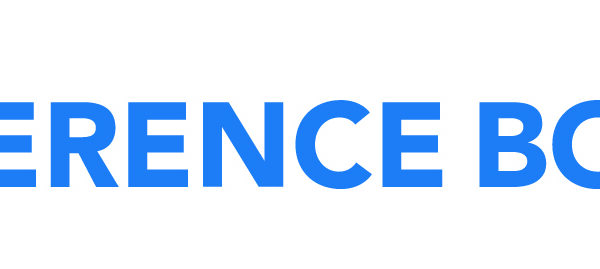Bayer has announced a significant investment in the development of a new KRAS inhibitor, a promising treatment in oncology that targets a gene frequently mutated in various cancers. This deal, reportedly valued at over $1 billion, positions Bayer as a key player in the race to develop effective therapies for hard-to-treat malignancies. The announcement comes amid a surge of interest in KRAS inhibitors, which have been a focal point in cancer research for their potential to improve patient outcomes.
In a separate development, Treg biotech has decided to cease operations after struggling to secure adequate funding despite promising initial results in its clinical trials. The company aimed to develop therapies targeting regulatory T cells, which play a crucial role in immune response. Their shutdown highlights the challenges faced by biotech startups in a competitive funding environment, particularly in the current economic climate where financial backing is increasingly difficult to obtain.
Meanwhile, Novartis reported successful outcomes from several recent clinical trials, showcasing advancements in its oncology portfolio. The pharmaceutical giant has demonstrated that its latest therapies are effective in treating patients with specific types of cancer, reinforcing its commitment to developing innovative solutions. Novartis’s results could potentially enhance its market position and attract further investments as the demand for effective cancer treatments continues to grow.
These developments indicate a dynamic landscape in the biotechnology and pharmaceutical sectors, with major companies like Bayer and Novartis leading the charge in innovation. The focus on treatments targeting genetic mutations such as those in the KRAS gene underscores a broader trend towards personalized medicine, where therapies are tailored to the genetic profiles of individual patients.
As of October 2023, the global oncology market remains competitive, with companies racing to bring new therapies to market. Bayer’s strategic investment in KRAS inhibitors and Novartis’s recent trial successes reflect a commitment to addressing unmet medical needs in oncology. The closure of Treg biotech serves as a reminder of the financial hurdles that many smaller firms face, despite the potential for groundbreaking advancements in cancer treatment.
Going forward, stakeholders in the biotech industry will be closely watching how these developments unfold, particularly the impact of Bayer’s substantial investment on the broader market and the potential for innovation in cancer therapies. The ongoing evolution of this field will likely continue to attract attention from investors, healthcare professionals, and patients alike, as the pursuit of effective cancer treatments remains a paramount goal in medical research.



































































